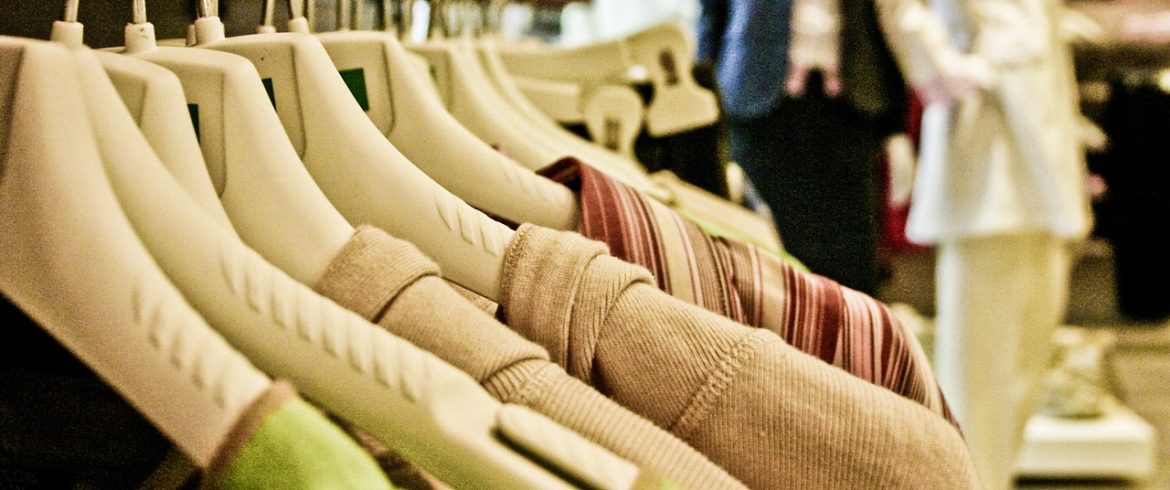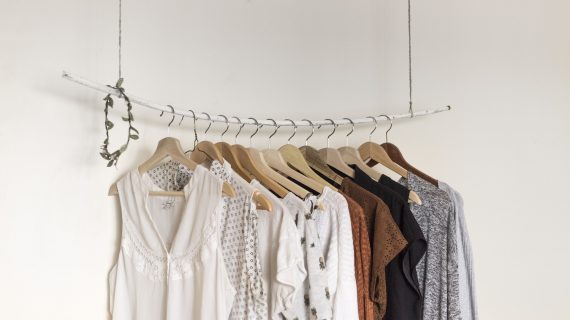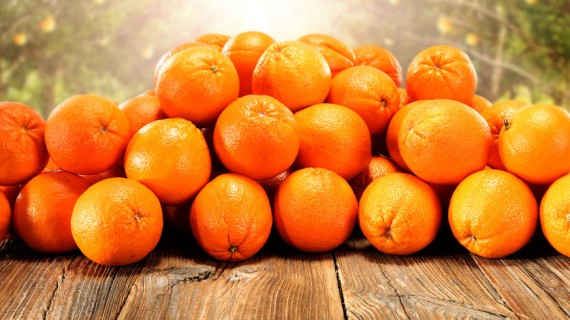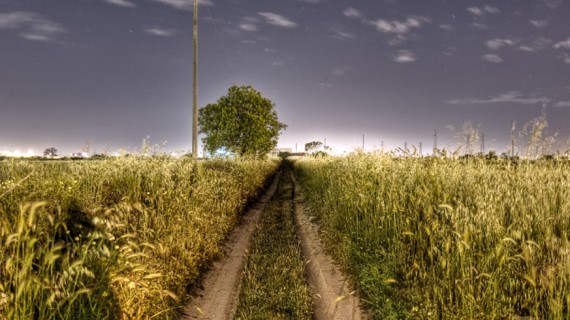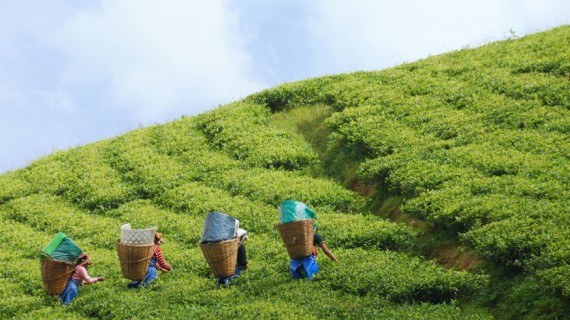We got used to making things comfortable for us. Sadly enough, we do not really care how this comfortability is being achieved.
It is comfortable to buy clothes for one season. The fashion changes so fast, they say.
It is comfortable to throw clothing away when it gets ruined after the washing. It does not cost much anyway, they say.
It is comfortable to not think about why there is such a low price on the label of that T-shirt from the mass market.
However, “it is comfortable” requires a lot of sacrifice from both the environment and the people. Yes, you do pay for this comfort much more than you think and this comfort is not even comfortable.
Eco-friendly clothing is a way to get more benefits and pay less. But first of all, what is eco-friendly clothing anyway?
Eco-Friendly Clothing
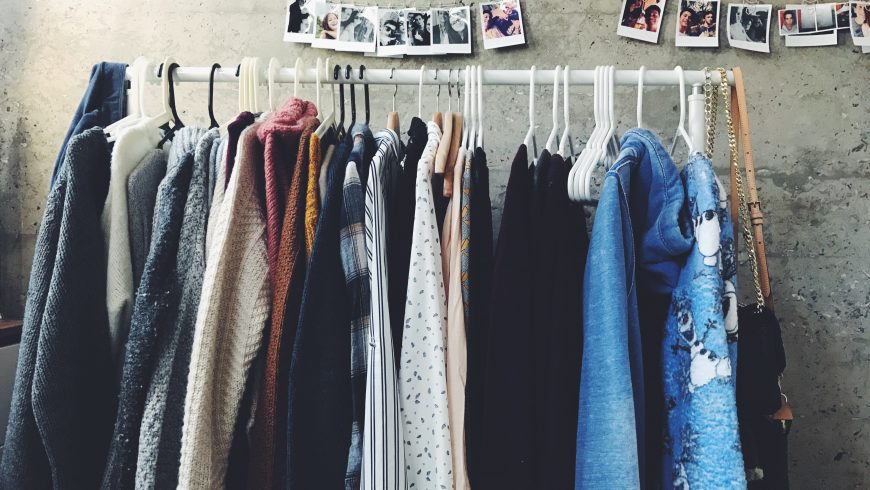
Eco-friendly clothing starts when the factory decides on the fabric and ends after it reaches your closet and lasts long after it was bought. There are questions about dye, the waste water, salaries, and working conditions in between.
Typical eco-friendly fabrics are organic cotton (is grown without poisonous pesticides), hemp, linen, wool, and silk. No synthetic materials are welcomed while their production requires enormous carbon dioxide emissions and they are not biodegradable.
Second-hand or recycled clothing is an amazing eco-friendly option as well. Rewearing and reusing are amongst the main slogans of eco-fashion. If you buy eco-friendly clothing all the time but never wear it more than thrice, there is no sense in buying such clothes, obviously. Still, if you got tired of the item but it is still in a good shape, your main options are redesign and donation.
Before ordering or going to the shop, it is recommended to do your research. Where is the factory located? How much do farmers and workers get paid? Is it a fair salary? Also, try to find local designers because transportation from somewhere far away, like Indonesia or Bangladesh, is not sustainable at all.
It seems like a lot of effort for a shopping spree. Shopping should be all about fun, that is what we are used to. So is it worth all the trouble?
There are 10 benefits of eco-friendly clothing that will stop you from questioning the worth of your energy.
1. It is Good for Your Health
In the beginning, we were talking about the high price you have to pay for cheap clothes and this price is your health. Production of cotton requires a lot of chemicals – to scare off the animals, to prevent cotton from getting any kind of diseases, etc. Those are the chemicals that may be the reason for bad allergies, constant itching, and redness in the most unexpected places.
While buying eco-friendly clothes, you can forget about the issue. Moreover, organic fabrics feel so much better on your skin.
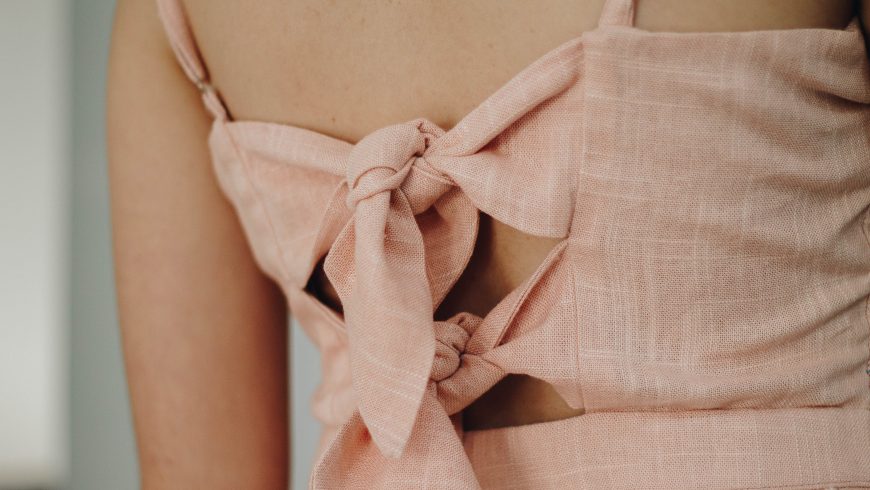
2. It is Easy to Maintain
You have to be extremely careful while washing a sweater from the mass-market shops. If washed wrong, it will be impossible to wear the item ever again. This is due to the poor quality of the fabric – the price/quality ratio is not just a sound. You can not really wear such a piece of clothing more than five times, no matter how good you are taking care of it.
If you got your favorite pants from eco-brand, you can be sure that you will enjoy wearing it for a long time.
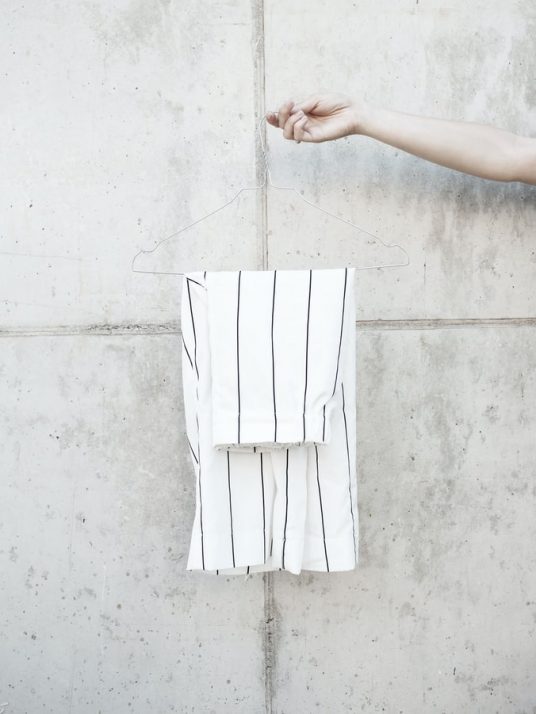
3. It is cheap
Considering the previous point, eco-friendly clothing is cheap. In a long perspective. If you wear a coat for three winters instead of one, which usually does not happen with mass-market items, it is much cheaper to buy a high-quality piece from an eco brand.
If we take a second-hand option into account, the financial benefit of eco-friendly clothing gets even more obvious. Moreover, in second-hand shops, you can find a real vintage thing for a funny price and it can not be compared with all the clothes that are positioned as vintage.
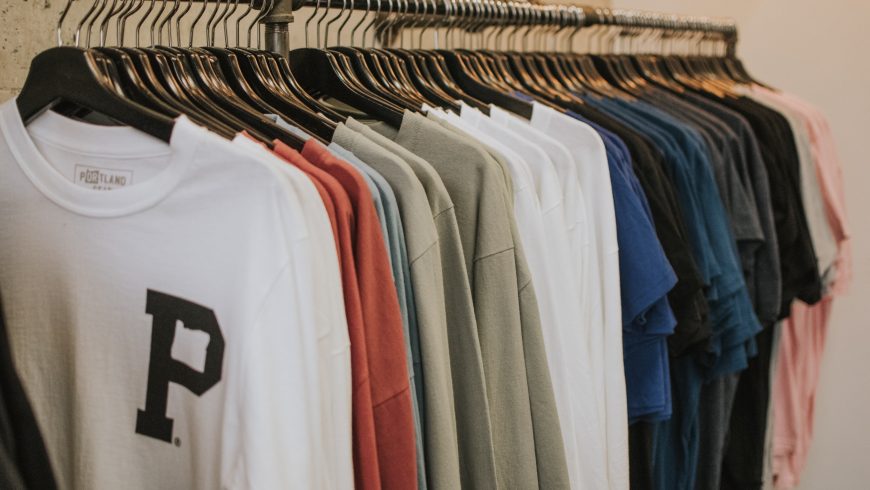
4. It is personal
Another huge con of the mass market that we are trying so hard not to notice is the mass. How many memes were made because everyone wears pretty much the same? We have seen plenty and it is absurd.
Eco-friendly clothing is not being produced on the assembly lines of the factory. You can be sure that your piece of clothing will be much more unique than others.
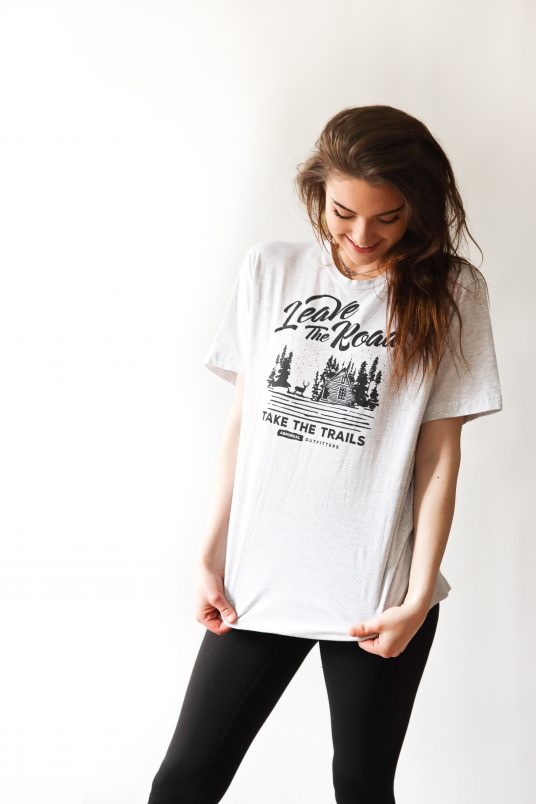
5. You Spread the Awareness
When you get something unique, it is natural to get questions like “Where did you buy it?” This is not only your time to shine bright like a diamond but to educate others as well. Tell them about the eco-friendly brand that you adore and make people rethink their shopping habits as well.
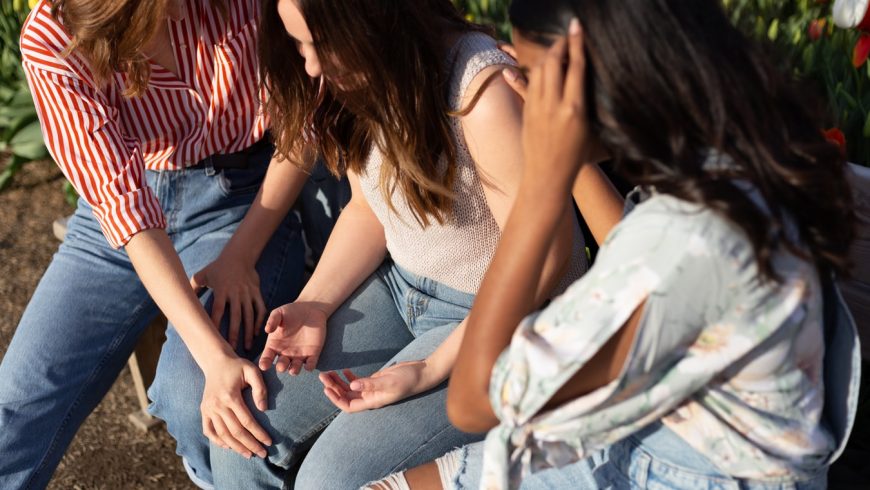
6. You Give Someone a Better Future
When we connect fashion to elegance, some associate it with 13 hours of working day and poked fingers. There are a lot of little children who work in the fashion industry. They do not have time for going to school or playing with friends. They know only hard work.
By not buying clothes from brands who use child labor, you contribute to the better future of these kids who can finally find some time to learn to read.
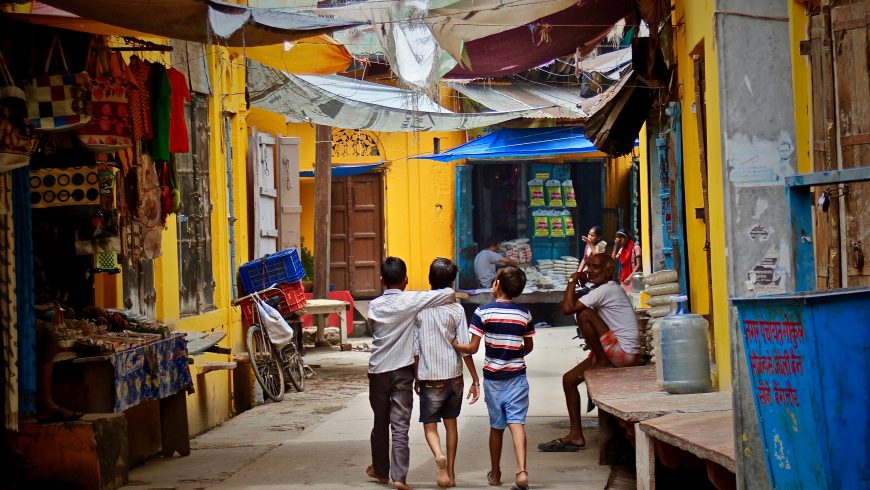
7. No to Factories Fatalities
The mass-market fashion industry became a source of dreadful news. Factory collapsed. 1500 dead. 2300 injured. Employers ignored a cry for help from workers.
People are not only paid unfairly (35$ a month, while a bare minimum for food and shelter is around 60$), but are also being held in inhuman conditions. Every single skirt bought in the mass market is supporting this severe violation of human rights.
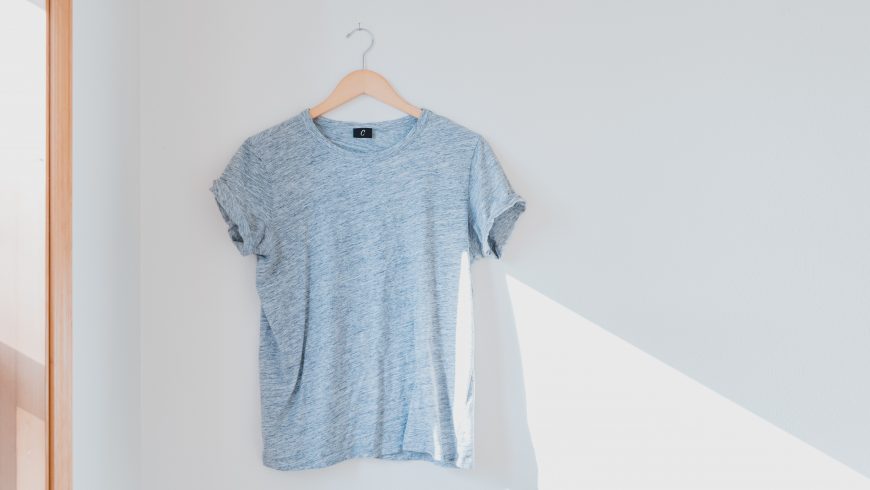
8. You Help to Prevent Suicides
Due to the shortage of water in countries such as India farmers can not water their cotton harvest which causes millions of debts. Not everyone can go through such a loss. Thousands of Indian farmers commit suicide. Their life depends on cotton and if there is no cotton, there is no sense in life.
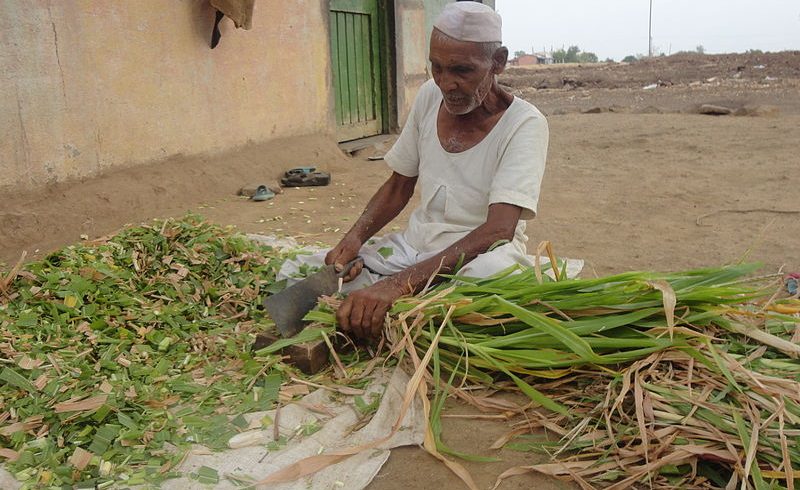
9. You Make Clothes More Affordable
Organic cotton is the one that is grown with organic fertilizers. Those are rather cheap which makes the costs of production and, therefore, the product cheaper. This chain will lead eventually to clothes becoming more affordable and being eco at the same time.
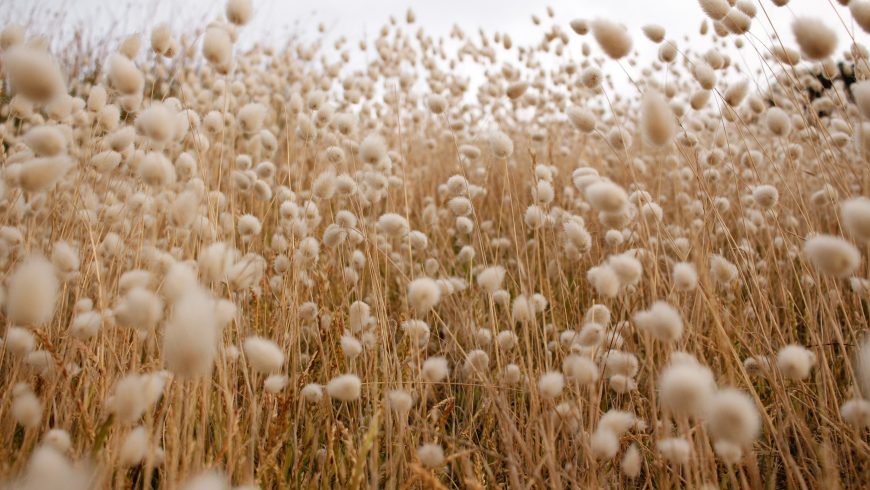
1.0 You Help the Earth
The biggest benefit of it all is to let us and our children breathe freely and drink pure water. Fashion that is not sustainable adds up to carbon dioxide emissions, poisoning the soil and enriching the landfills with plastic. The jacket one buys at a mass-market shop will not leave the planet in 200 years. The chemicals that are used to dye the clothes and protect the cotton from animals will pollute water, sub-layers of soil and air all at once.
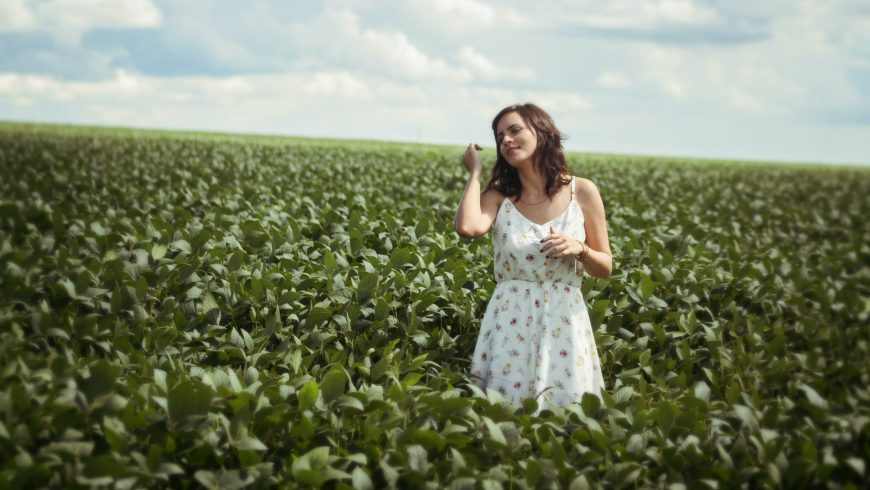
The question you really should be asking yourself is: “Is that 5$ T-shirt worth all of these?”
Cover image: photo by markusspiske via pixabay.com

